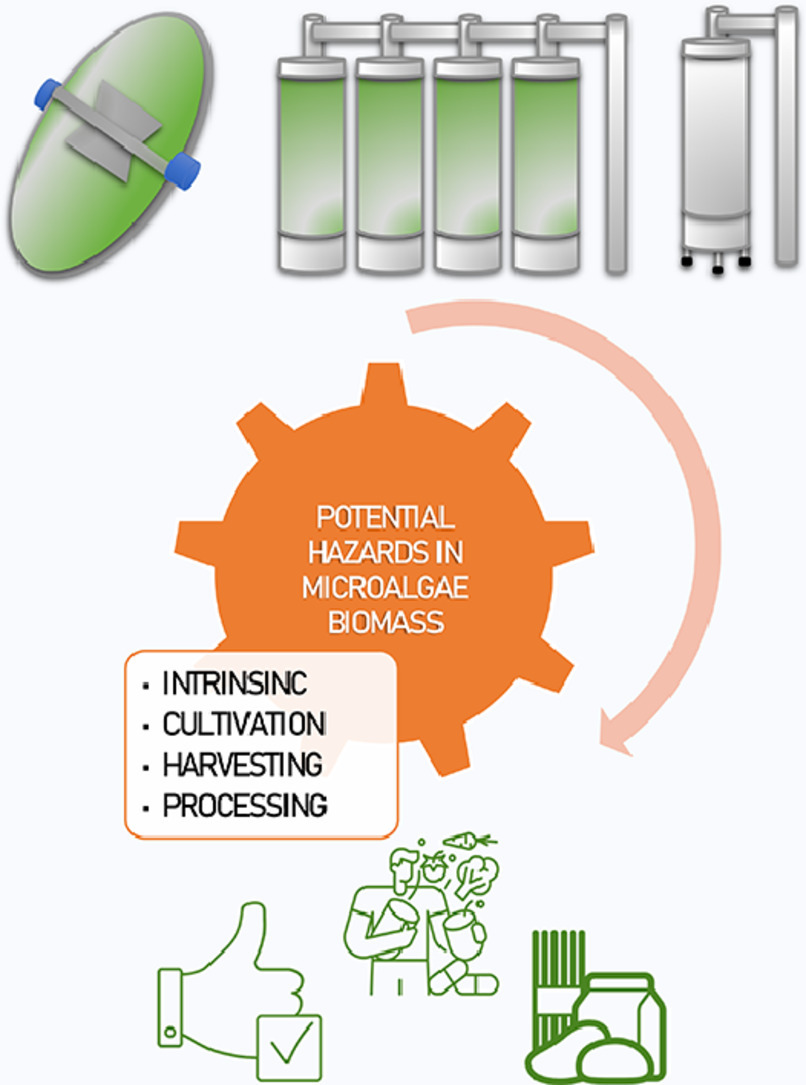This content aligns with Goal 3: Good Health and Wellbeing as well as Goal 10: Reduced Inequalities by emphasizing the importance of technology assessment capability in shaping health policy and priorities to improve health outcomes and quality of life. By promoting strong professional education and practice standards, accreditation processes, and educational programs for public health, the content supports efforts to enhance the quality of healthcare services and public health interventions. Additionally, it aligns with Goal 10: Reduced Inequalities by recognizing the need to address disparities and ensure equitable access to evidence-based methods of prevention, diagnosis, and therapy. By advocating for continuous revision of legal frameworks and ethical standards in response to societal changes and emerging health challenges, the content underscores the importance of promoting fairness and equity in public health practices and policies. Moreover, it highlights the ethical imperative of public health interventions to protect populations from illness and premature death, thereby contributing to efforts aimed at reducing inequalities in health outcomes and promoting the well-being of all members of society.
Elsevier,
Genomic Data Sharing, Case Studies, Challenges, and Opportunities for Precision Medicine, 2023, Pages 71-90
The Global Alliance for Genomics and Health (GA4GH) is an international standards development organization (SDO) focused on advancing human health and medicine through genomic data sharing and interoperability. Founded in 2013, the organization has evolved over time and has adapted to unexpected challenges in ways that we believe would be of interest to the broad biomedical community. In this chapter, we present our experiences to support others wishing to share data through global, community-driven standards supporting SDG3.
The growth of predictive data analytics and the simultaneous growth in the availability of interoperable AI-enabled devices offer opportunities to mitigate healthcare disparities currently endemic in indigent, underrepresented, and underserved communities supporting SDG3.
The Lancet Regional Health - Americas,
Volume 18,
2023,
100434
In response to the UN-resolution from 2021, these authorsprovide recommendations for lawmakers and policymakers in Brazil, Peru, and Colombia on how to improve public policies and national legislation for persons living with rare diseases in these three countries, based on interviews with patient advocacy groups.
Elsevier,
Genomic Data Sharing, Case Studies, Challenges, and Opportunities for Precision Medicine, 2023, Pages 71-90
The Global Alliance for Genomics and Health (GA4GH) is an international standards development organization focused on advancing human health and medicine through genomic data sharing and interoperability. Founded in 2013, the organization has evolved over time and has adapted to unexpected challenges. Three themes have emerged as critical to the organization's success: (1) community needs must drive development; (2) agility is necessary to create global equity and opportunity; (3) developing an idea into a widely adopted standard requires multiple levels of consensus furthering SDG3.
This Article supports Sustainable Development Goal 3 by developing a methodology for discriminating between and classifying Alzheimer's disease and frontotemporal dementia according to demographic, clinical, and cognitive data, across centres in Latin America. The approach provided high accuracy with the combination of classical statistical and machine learning procedures.
Food systems are a major driver of environmental change, responsible for rapid deforestation, water scarcity, and an estimated 30%–34% of global anthropogenic greenhouse gas emissions. Findings in this paper point to the capacity of plant-sourced food consumption to minimize environmental harm without necessarily jeopardizing nutrient availability in Latin America and the Caribbean (LAC). Local agriculture can contribute to food system sustainability by producing diversified plant-sourced foods, cornerstones of many traditional food customs, and mitigating the impacts of industrialized livestock operations and imported, animal-centric dietary habits.
This Article supports SDGs 3 and 16 by assessing gaps in the evidence on key health outcomes and inequalities in Latin American and Caribbean countries, focusing particularly on inequalities between people of African descent and people of non-African descent.
This article aligns with the SDG goal 3 of Good health and wellbeing and SDG 10 Reduced inequalities by highlighting the importance of hepatitis C virus testing among high-risk population groups such as people living with HIV and intravenous drug users.

